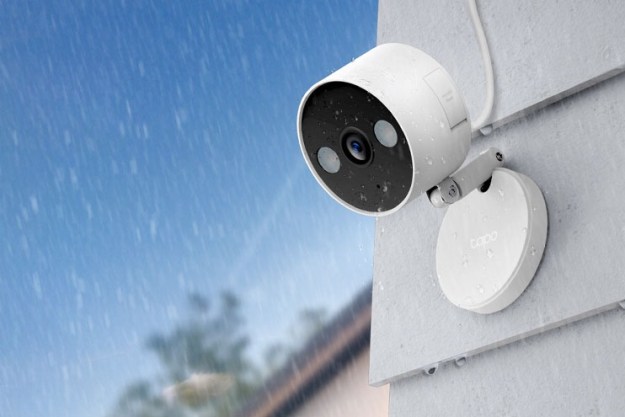
While young home buyers may be interested in whether or not a building is pet friendly or how big a home’s master bedroom may be, the top concern is still budget, according to the 2016 Zillow Group Consumer Housing Trends Report. Be that as it may, Zillow’s study suggests that younger, more inexperienced home buyers are almost twice as likely to overspend than repeat buyers, putting them in sticky situations that could preclude the possibility of, well, becoming a repeat buyer.
But RealEstate.com hopes to solve that. The site gives interested parties an “All-In Monthly Price” for each and every home, also providing estimated expenses that could contribute to the overall monthly spend, including principal and interest, property taxes, homeowner’s insurance, HOA fees and utilities, and closing costs. Moreover, all this information can be seen in English, Spanish, or Chinese.
“RealEstate.com is designed to equip the next generation of home buyers to find a home that suits their needs and budget,” said Jeremy Wacksman, CMO at Zillow Group. “We know from our research that affordability is a huge driver for home buyers, and that first-time buyers are more likely to go over budget. By tailoring the home search experience on RealEstate.com around a home’s monthly cost, we hope to make the home buying experience less daunting and even more transparent for first-time buyers.”


